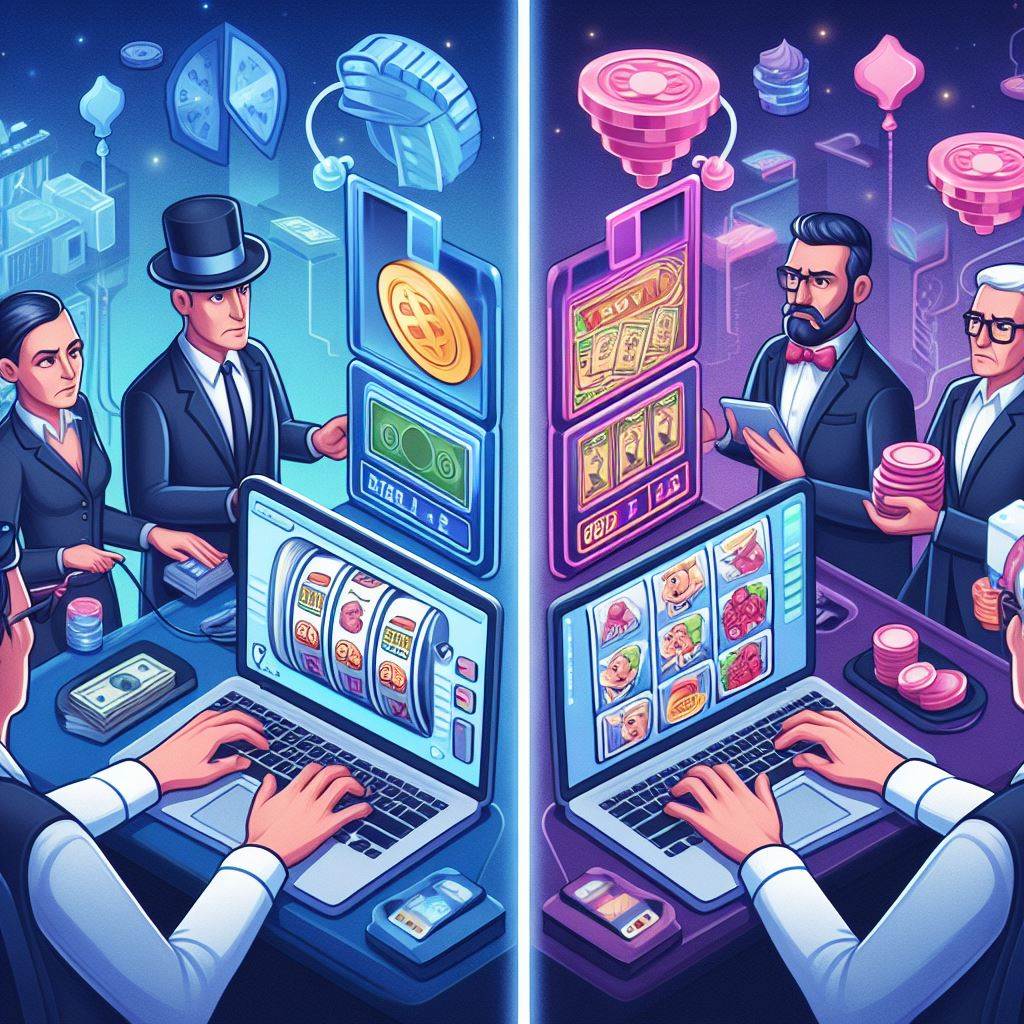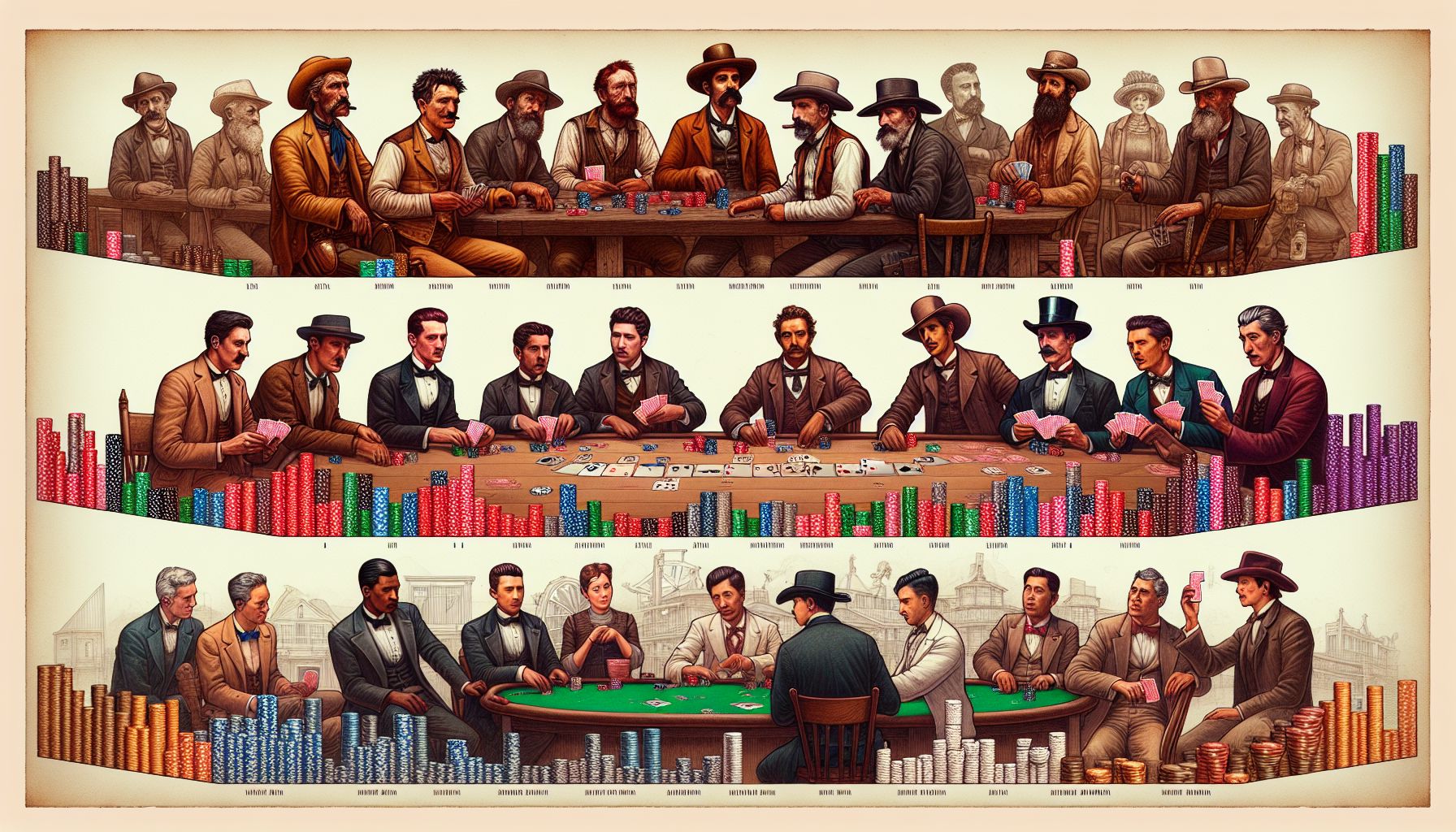Poker is not just a game of skill and chance—it’s a significant economic activity that has profound implications for the modern casino industry. This article explores the economics of poker in casinos, examining how it generates revenue, Economics of Poker in Modern Casinos influences market dynamics, and impacts casino management and strategies.
Poker’s Role in Casino Revenue
Unlike traditional casino games, poker operates on a different revenue model. Casinos don’t take direct stakes in the outcome of the game; instead, Economics of Poker in Modern Casinos they earn money through rake and tournament fees. The rake is a predetermined percentage taken from each pot in cash games, typically between 2.5% to 10%. For tournaments, casinos charge entry fees, usually a percentage added on top of the players’ buy-ins, which goes directly to the house.
This model not only ensures a steady income stream for the casino regardless of the game outcomes but also aligns the casino’s interests with maintaining high player turnout and satisfaction. The more players participate, and the larger the pots grow, the greater the rake collected by the casino.
Strategic Placement of Poker Rooms
Casinos strategically place poker rooms to maximize foot traffic and cross-play in other sections of the casino. Located centrally or near high-traffic areas, Economics of Poker in Modern Casinos poker rooms attract players who are likely also to spend on slots, table games, and other services like dining and entertainment. The diverse offerings help casinos maximize their earnings and ensure that poker players contribute to the broader economy of the venue.
The Draw of Major Tournaments
Major poker tournaments like the World Series of Poker (WSOP) generate significant economic benefits for casinos and their host cities. These events attract thousands of players and spectators who not only participate in the tournament but also engage in side games, spend on hospitality, and contribute to tourism revenues. The international media coverage of these events further enhances the casino’s brand, positioning it as a premier destination for gaming entertainment.
The Impact of Online Poker
The rise of online poker has changed the landscape of the game, creating both challenges and opportunities for traditional casinos. Online platforms offer players the convenience of playing from anywhere at any time, which has broadened the game’s appeal and participant base. However, this has also led to a competitive environment where physical casinos must innovate to attract players.
Many casinos have responded by offering online versions of their poker games, tying them into loyalty programs, and providing exclusive benefits for playing both online and in-house. This synergy between online and physical experiences helps casinos tap into the broader digital market while maintaining their customer base.
Poker’s Role in Player Development
Casinos use poker as a tool for player development and retention. By offering poker education, free-roll tournaments, and other incentives, casinos can attract novices and turn them into regular players who engage in more lucrative forms of gambling. This strategy not only builds a loyal customer base but also enhances the overall profitability of the casino.
Economic Challenges and Regulatory Considerations
The economic success of poker in casinos is not without its challenges. Regulatory changes, economic downturns, and shifts in consumer behavior can all impact profitability. Casinos must navigate complex regulatory environments that vary by jurisdiction, adapting their operations to comply with local laws and regulations, which can affect everything from taxation to the permissible formats of poker games offered.
Conclusion
Poker remains a vital part of the economic landscape of modern casinos. Its ability to draw players, generate steady revenue through rakes and fees, and promote other casino activities makes it a crucial element in the broader business strategy of gambling establishments. As the market evolves, the integration of online gaming and international competition will likely influence how casinos leverage poker economically. Understanding these dynamics is essential for anyone involved in the gaming and hospitality industries, as they continue to adapt to the changing preferences and economic realities of casino visitors.




